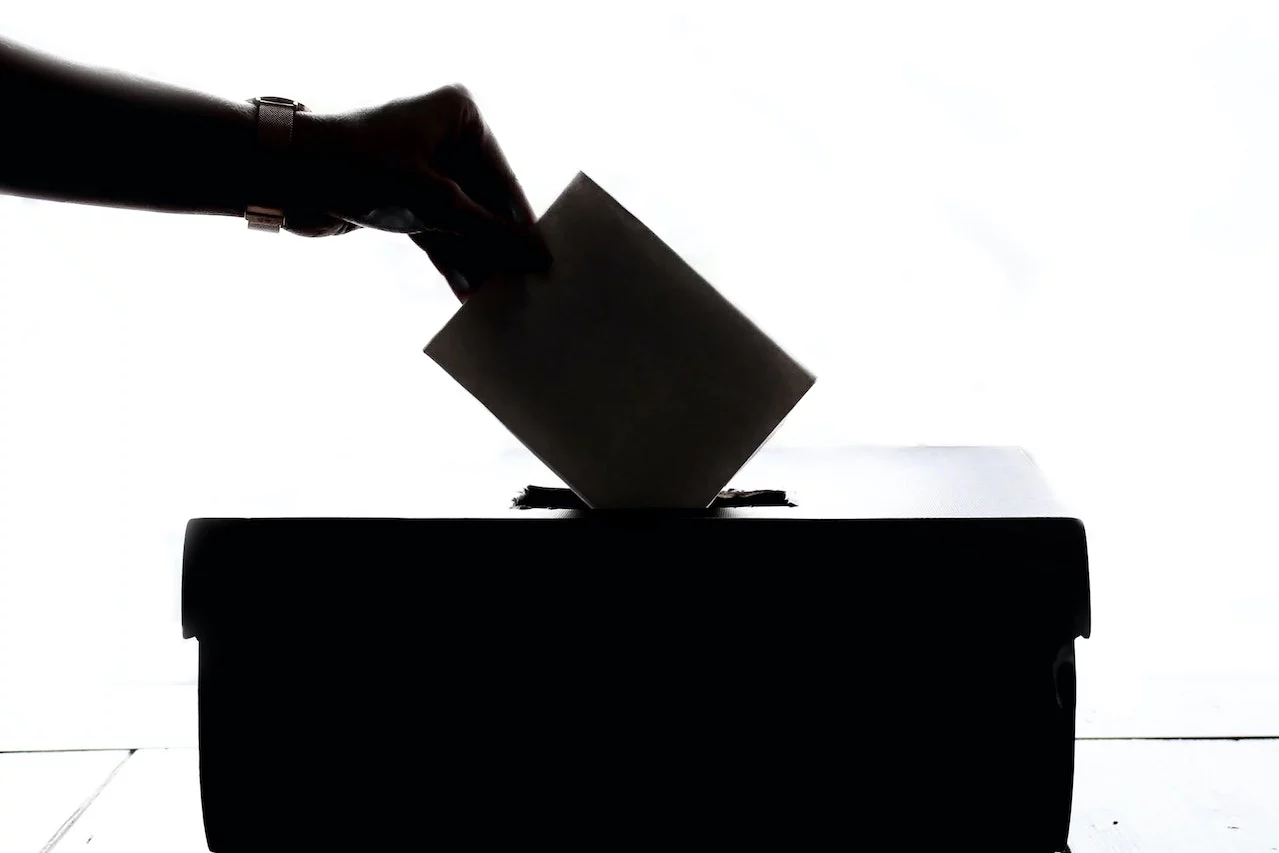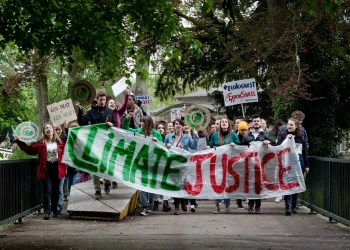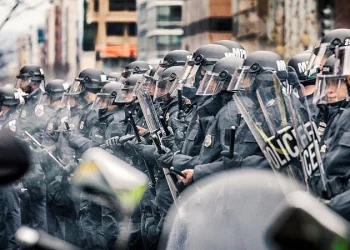On Tuesday, Israelis voted in national elections for the fifth time this year. For three and a half years, the country has been paralyzed by political deadlock, and everyone is hoping for change.
Although Israel’s cost of living is rising and tensions between Israelis and Palestinians are growing, the chief concern for many voters remains how well ousted leader Benjamin Netanyahu can serve amid various corruption charges.
This year his primary opponent is the centrist caretaker Prime Minister Yair Lapid, who ousted Netanyahu last year.
“There is a clear choice here between the past and the future,” Lapid said after voting in Tel Aviv. He added, “So go out and cast your vote today for our children’s and country’s future.”
However, there is a twist in the story with the entry of a new player, Ben-Gvir. He has announced that they’ll be changing the discourse. If Ben-Gvir gets his way, he’ll be taking an even harder stance against the Palestinians in order to help Netanyahu win the upcoming elections.
Netanyahu is unable to form a majority government in the 120-seat Knesset because he has lost all his allies and proteges due to being on trial. “I’m a bit worried,” Netanyahu admitted after voting. “I hope the day ends with a big smile.”
Whereas, after casting his vote in West Bank, Gvir assured supporters that they would be getting a “fully right-wing government” with Netanyahu as their new prime minister.
Furthermore, the people of Israel are frustrated and fed up with the continuous political dilemma and hoping this time they get rid of this issue. “People are tired of the instability because the government is not providing the goods,” said Yohanan Plesner, former legislator and current head of Israel Democracy Institute.
The stalemate has created an unprecedented political crisis in Israel, eroding Israelis’ faith in their democracy and its institutions.

Prime Minister Benjamin Netanyahu is up against an array of ideologically diverse parties who are just as challenged as he is in amassing the 61 seats needed to rule the country again.
However, so far, the election commission official said that voting in the first few hours on Tuesday has already been higher than last year’s records. So this shows that Israelis don’t want to stretch this issue any further, and that’s why their participation has been tremendous.
Lifted with strong support from his followers, Netanyahu has rejected calls for him to step down by his opponents who claim a person currently on trial for fraud and bribery cannot govern.
Nonetheless, despite Netanyahu’s denial of wrongdoing, details from his ongoing trial have been consistently making news headlines.
Israel has traditionally always been a fragmented country, with no single party ever gaining an absolute majority in the parliament. It is necessary to have coalitions in order to govern.
Netanyahu would need to form alliances with extremist ultra-nationalist and religious ultra-orthodox parties in order to be able to be appointed the prime minister.














